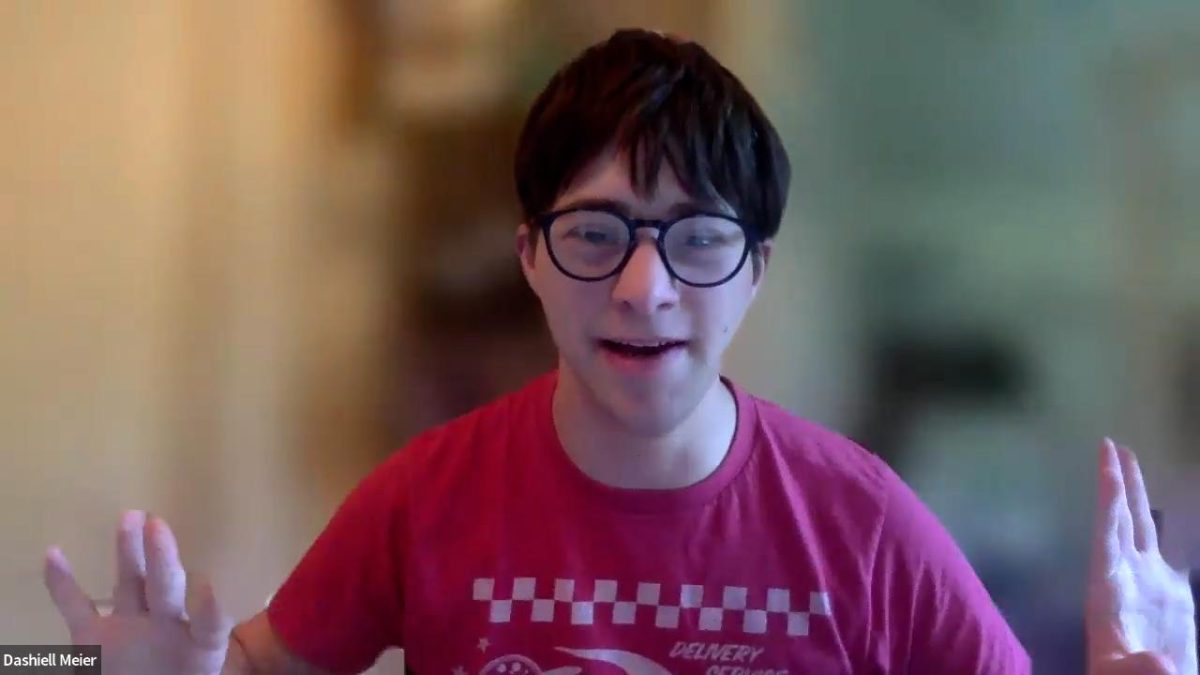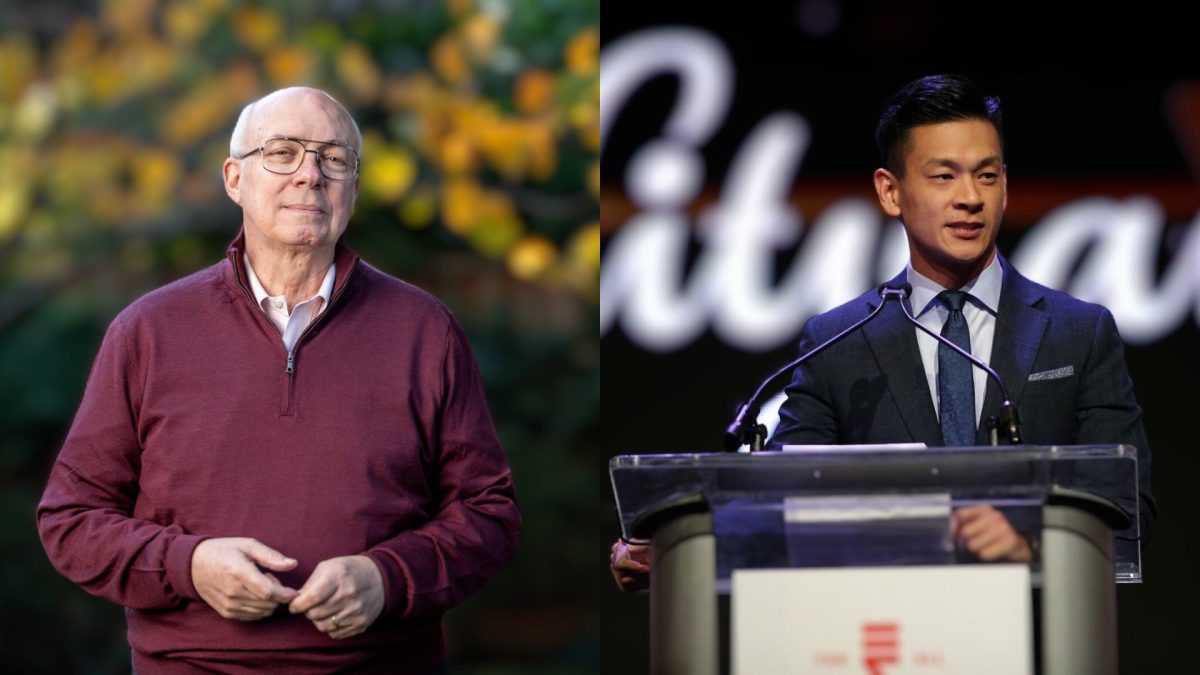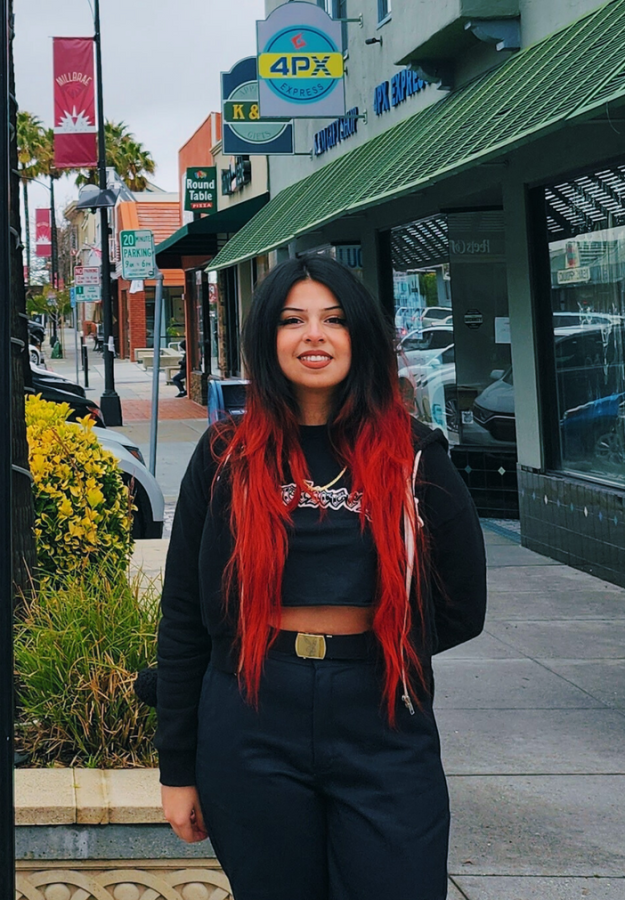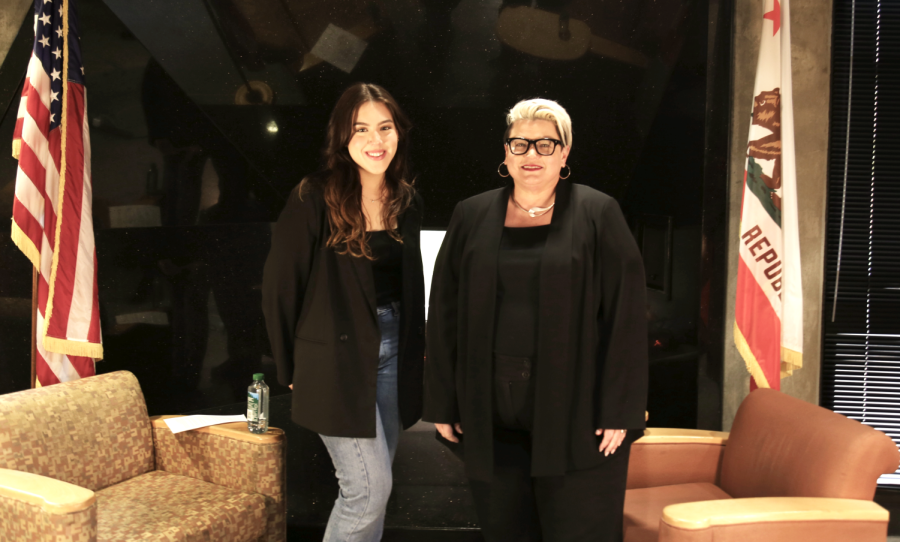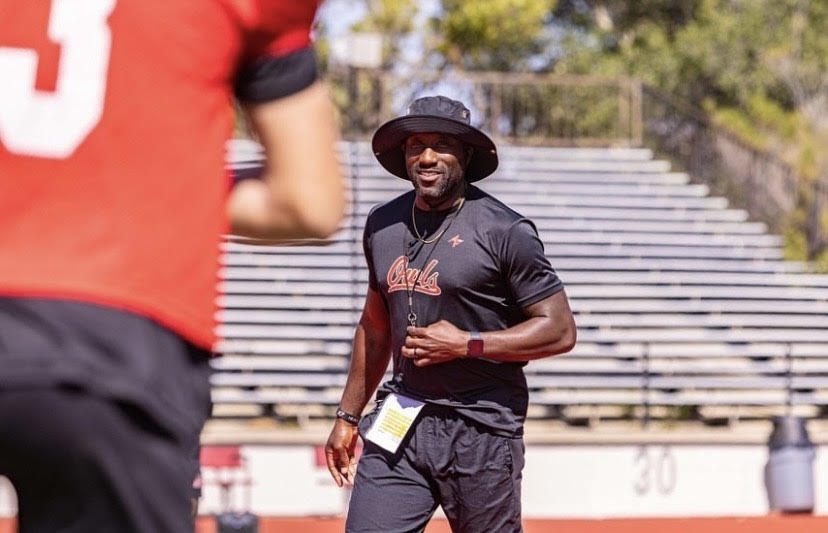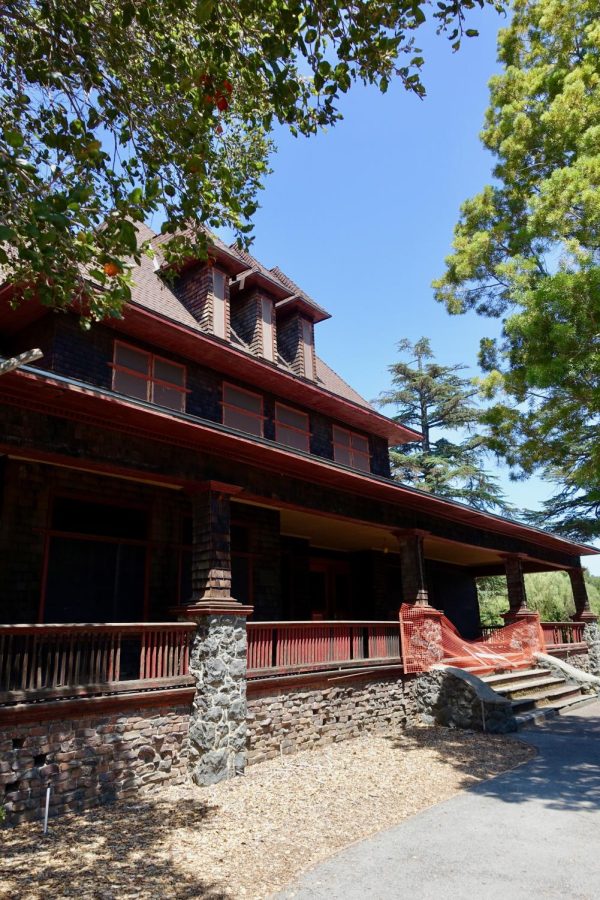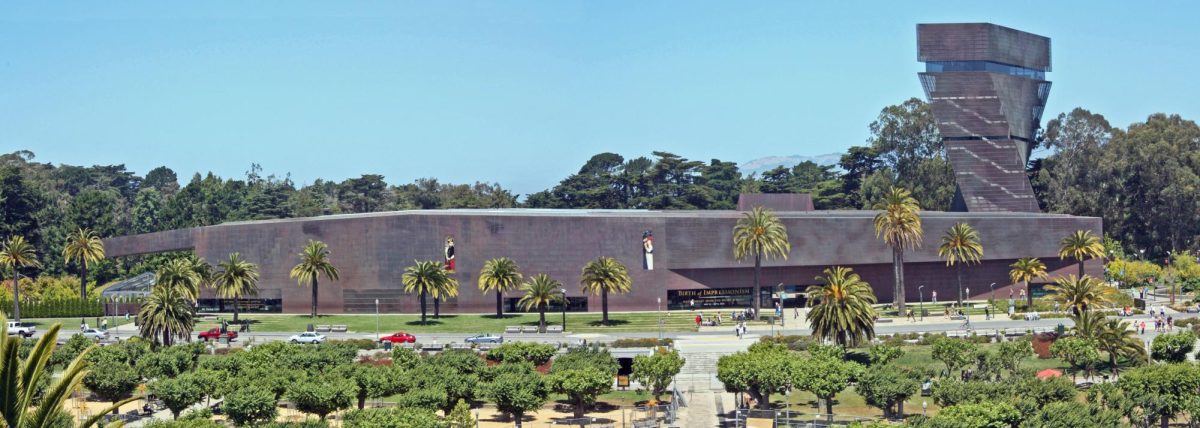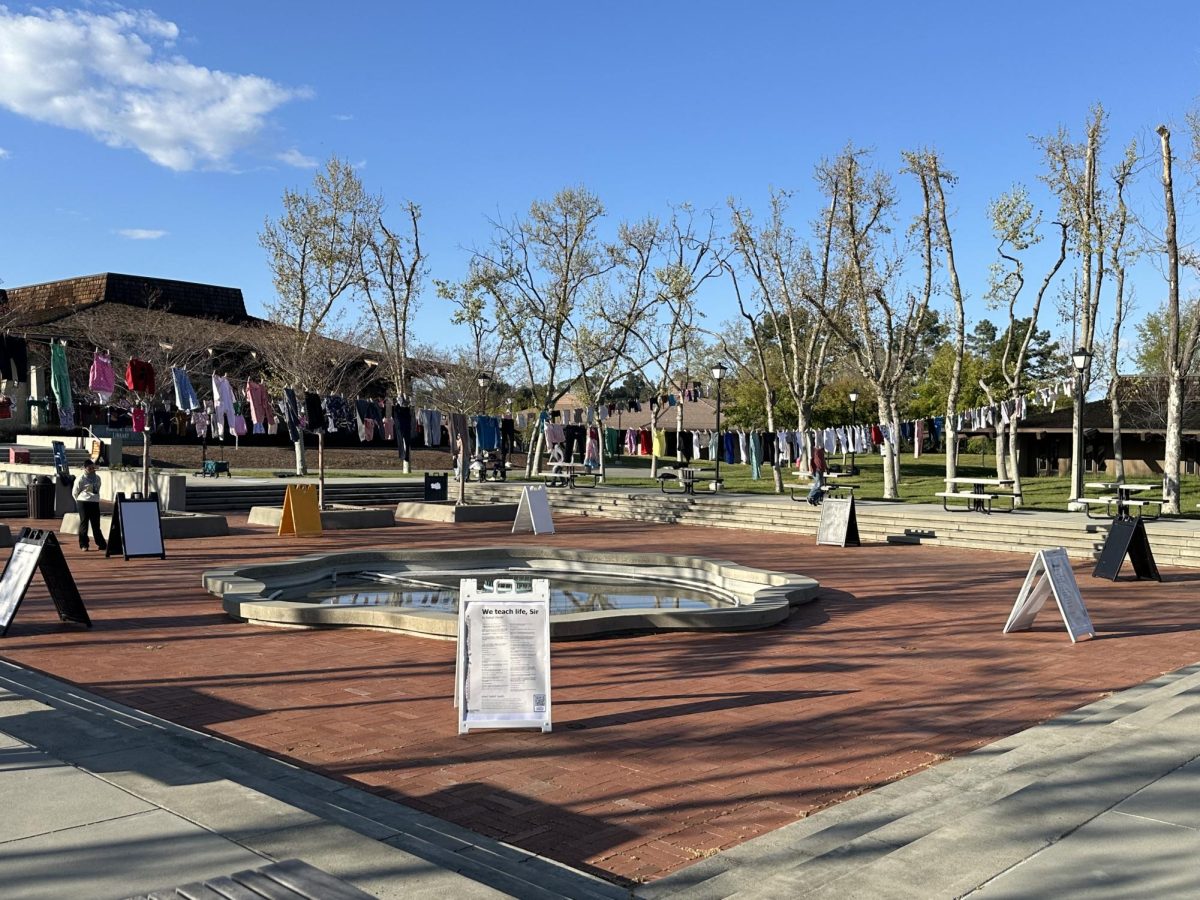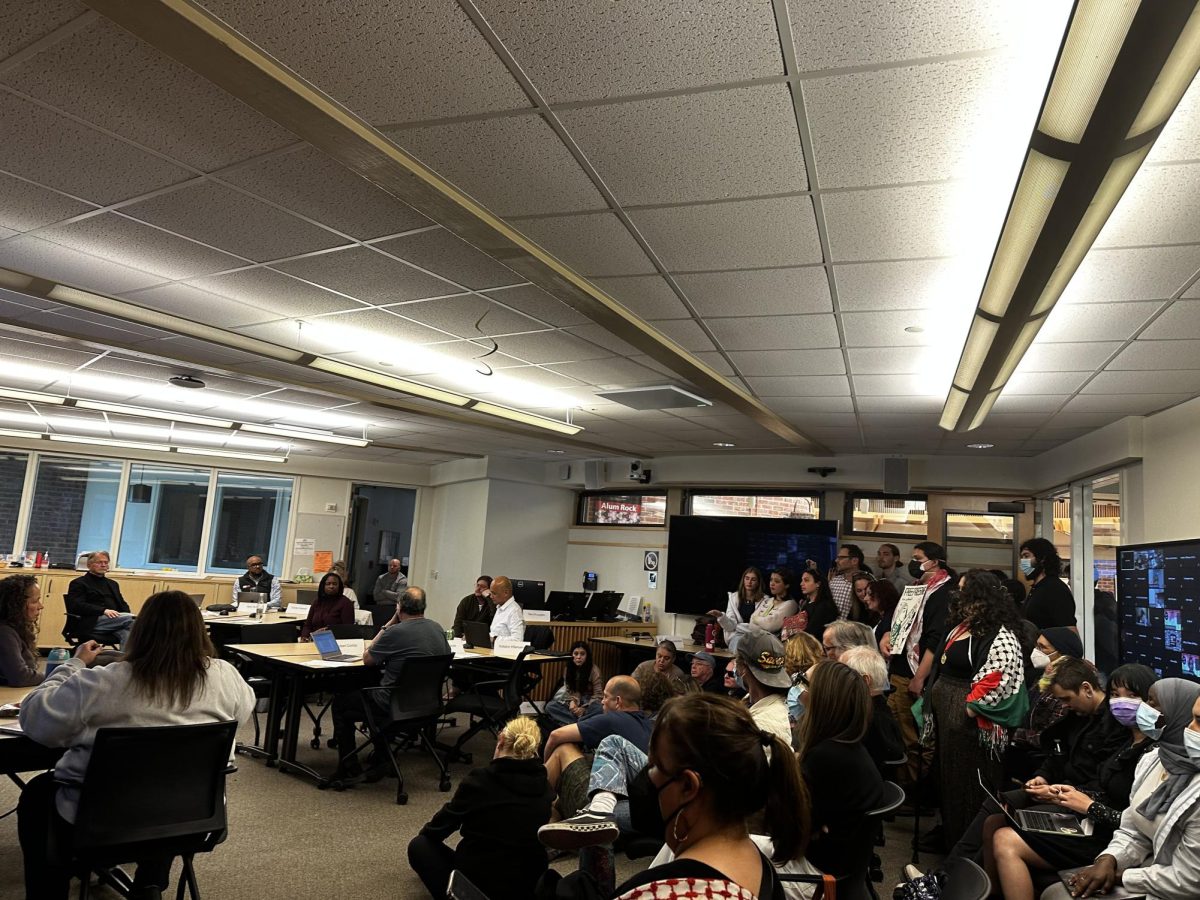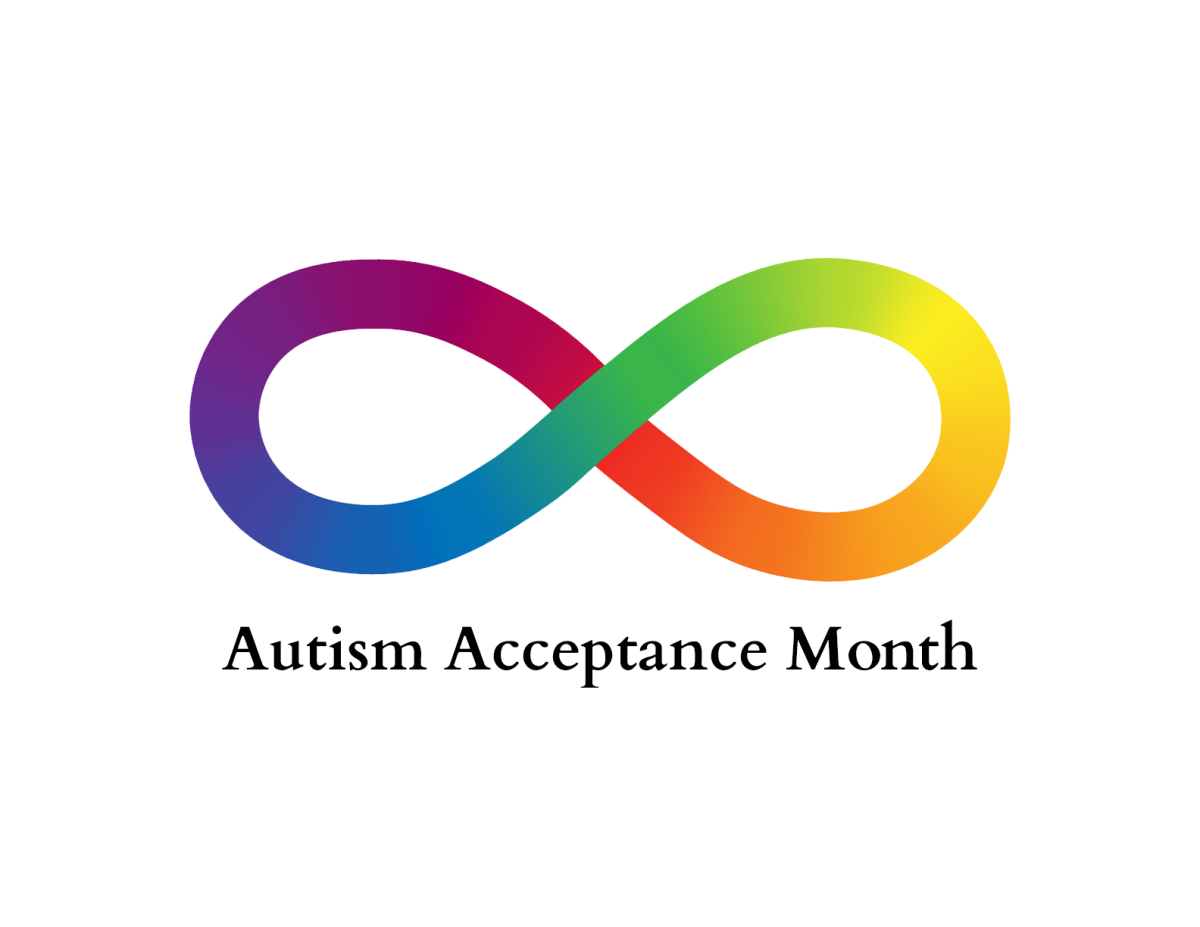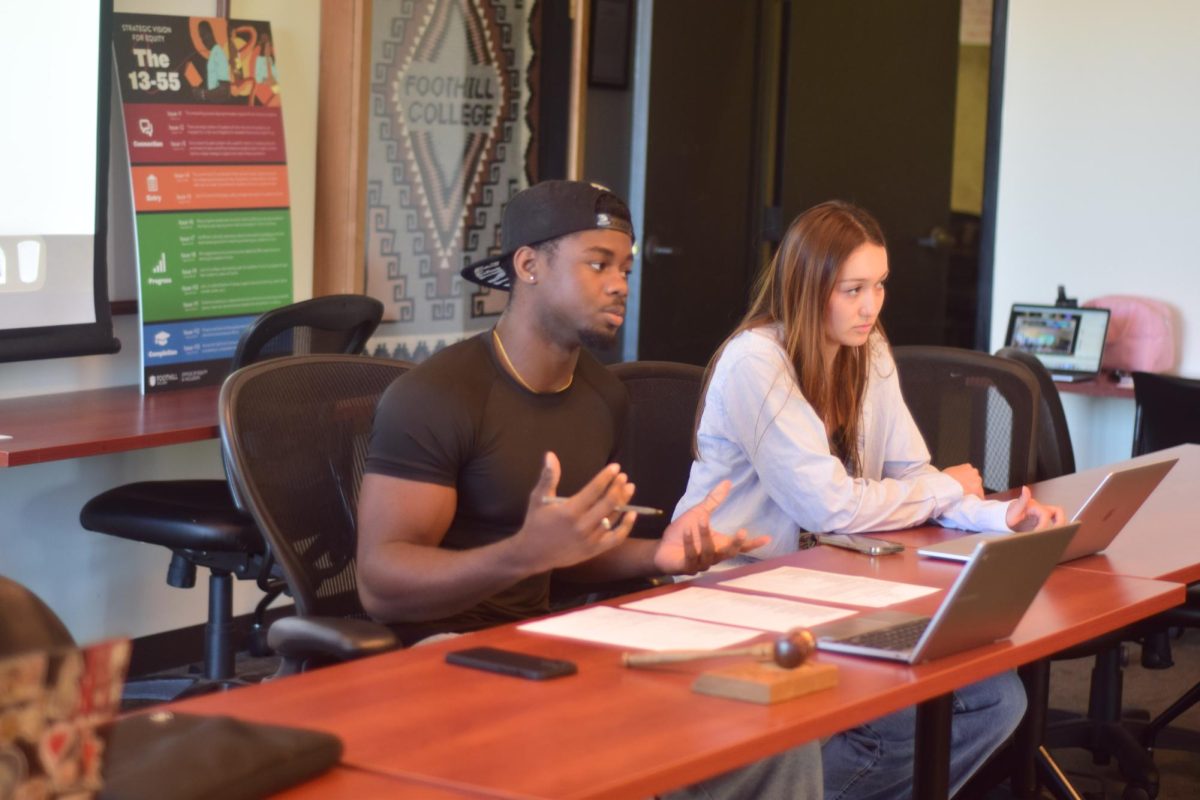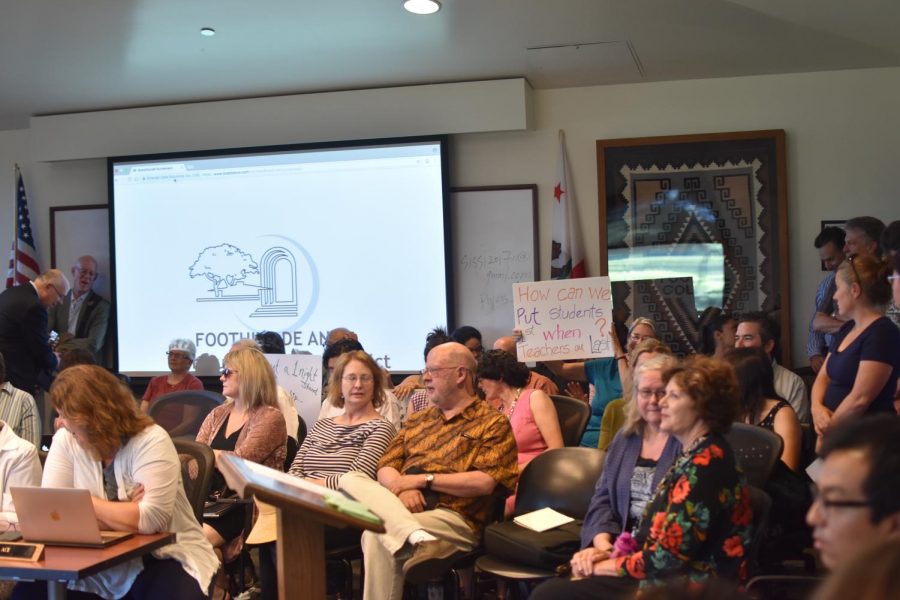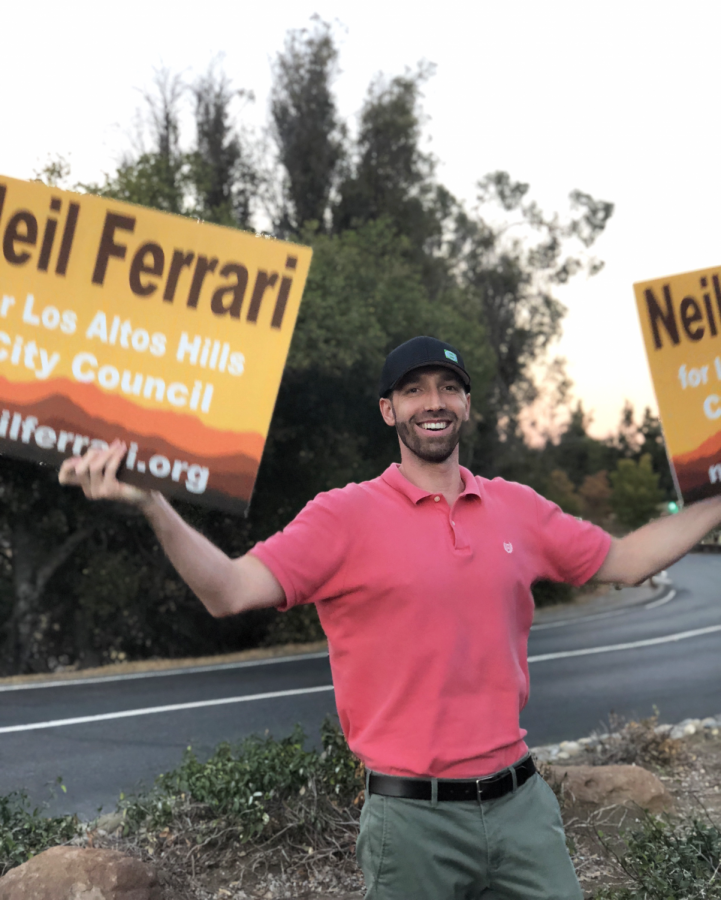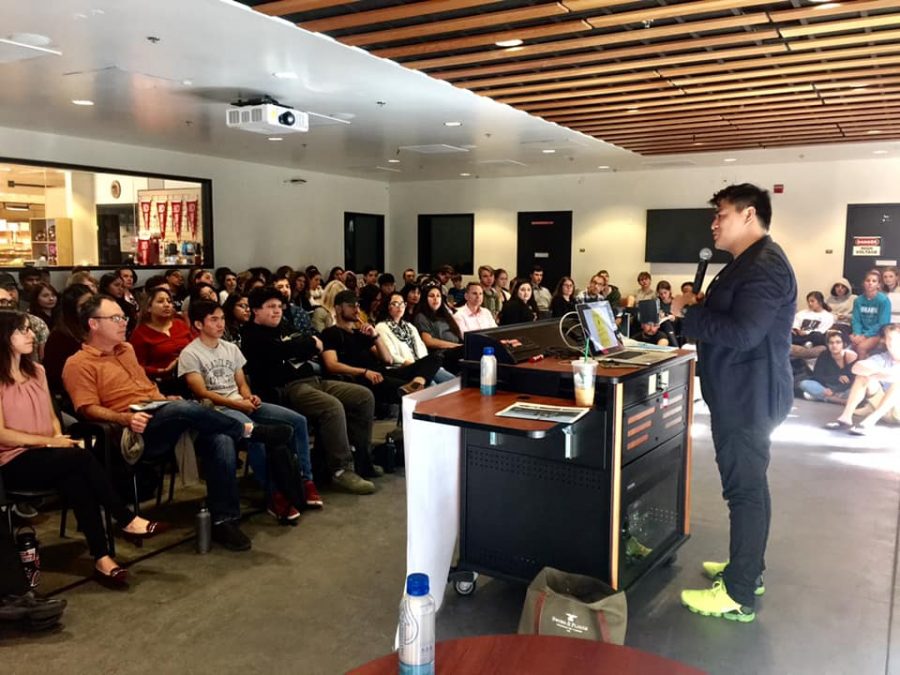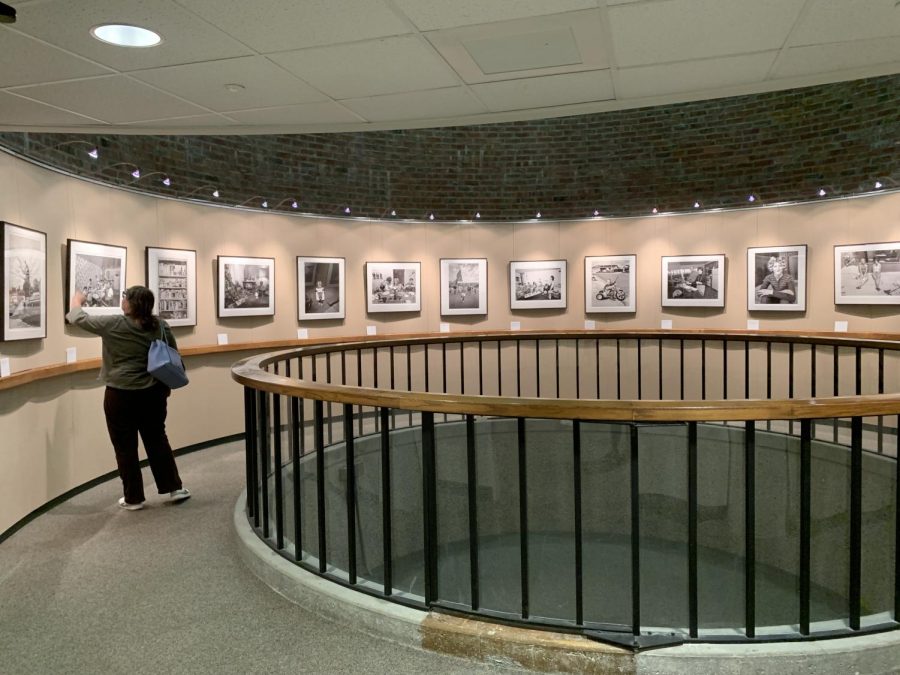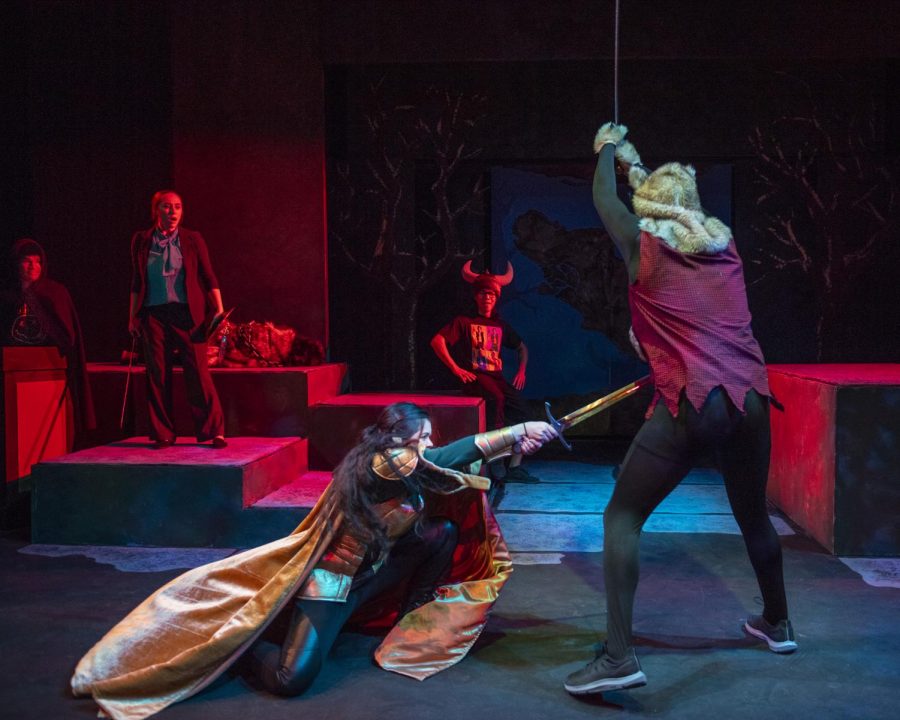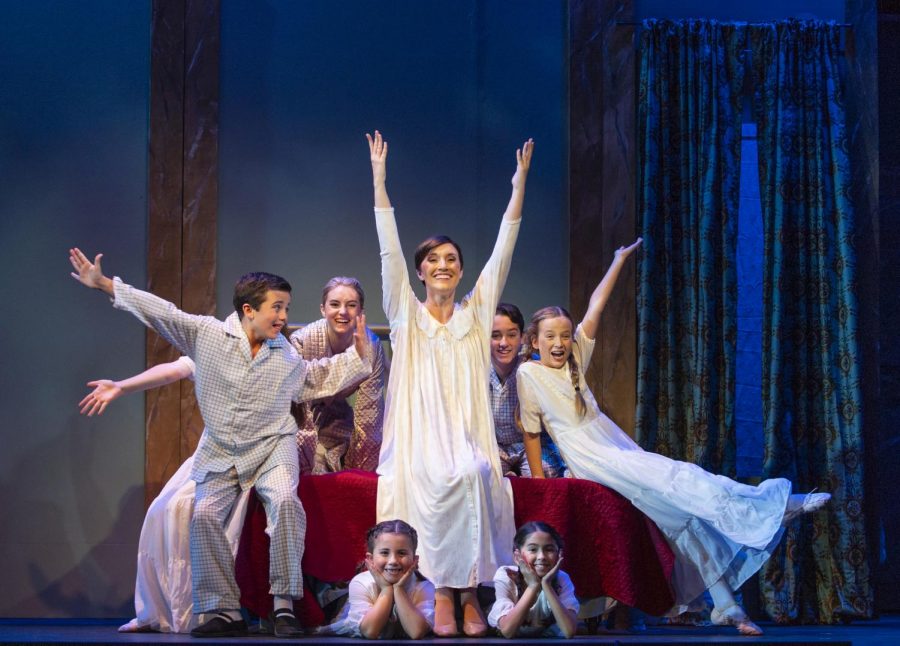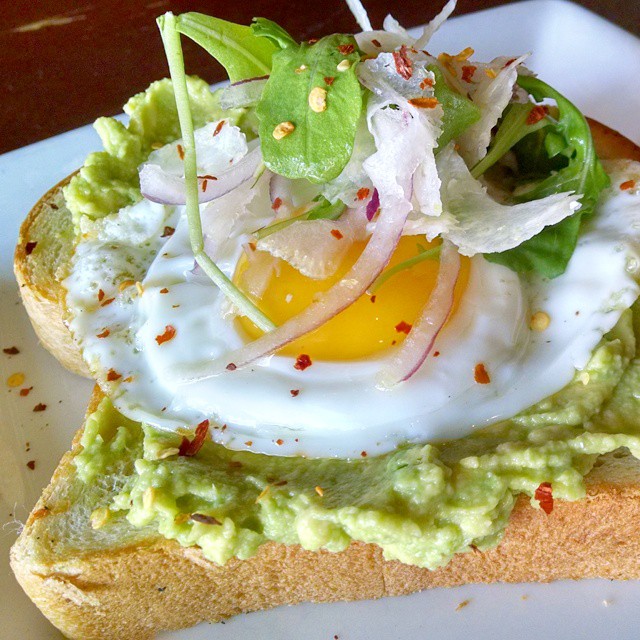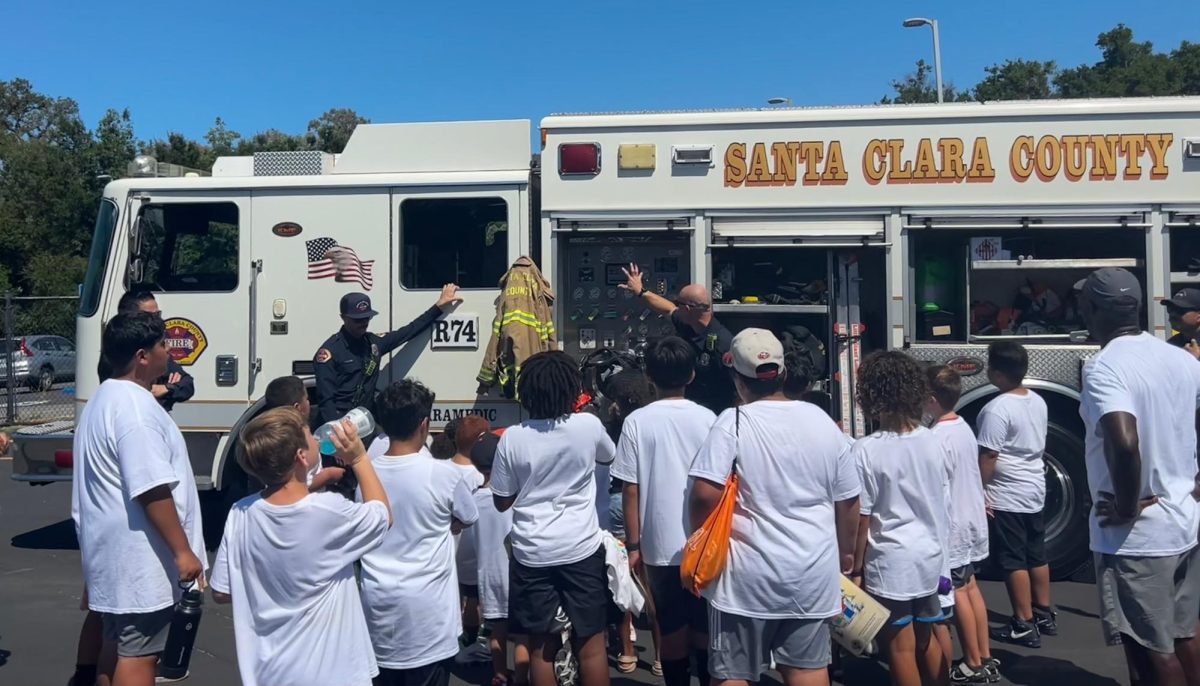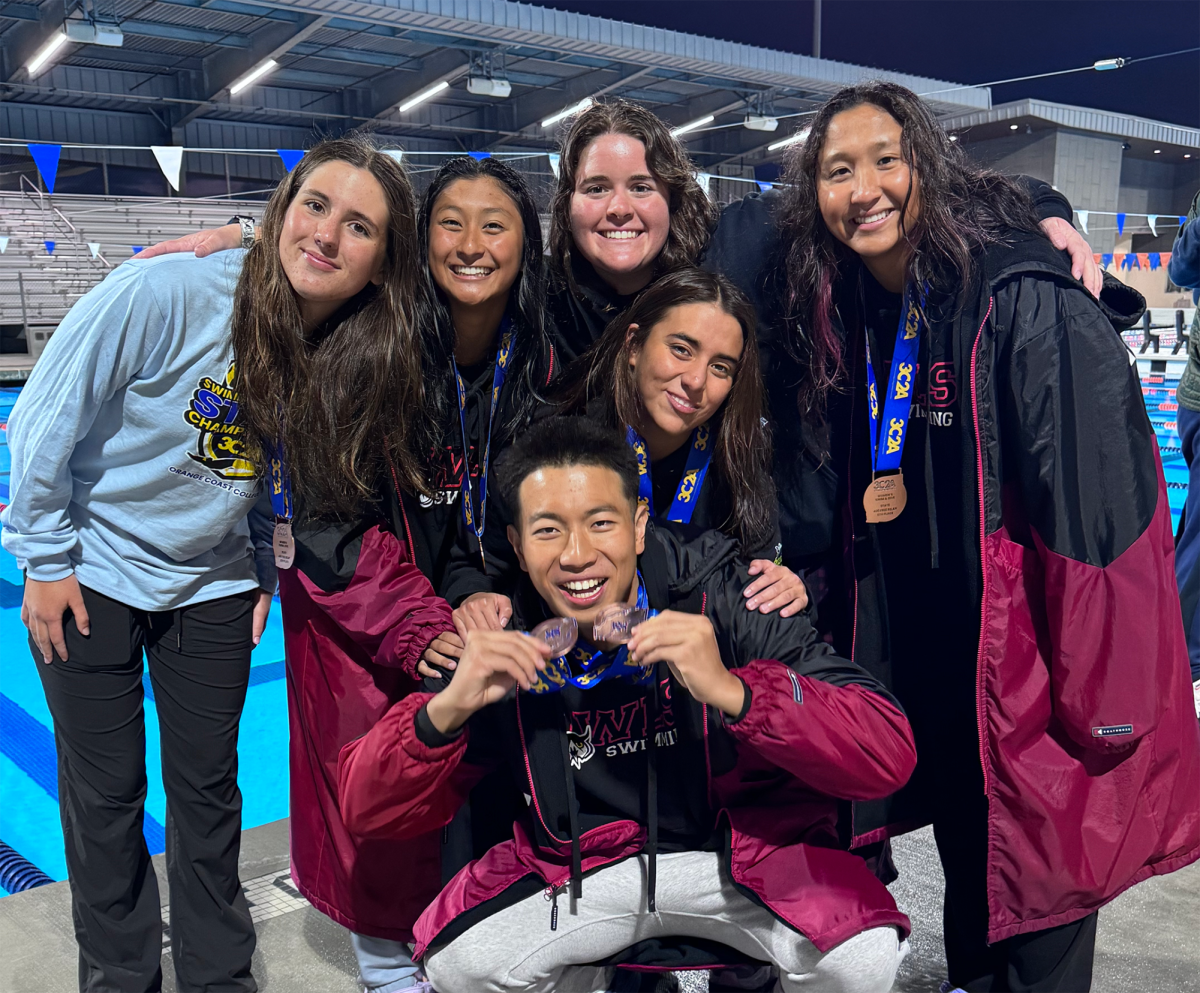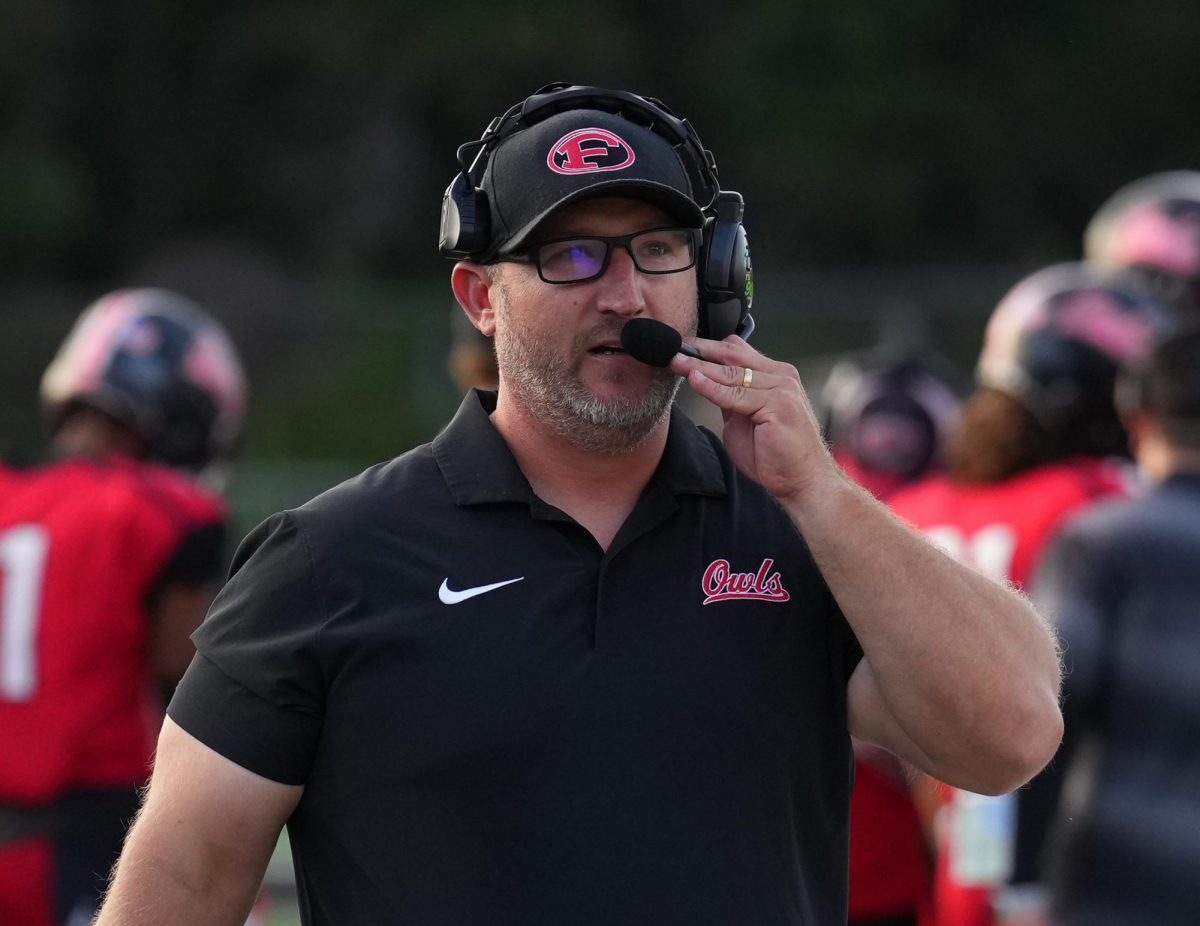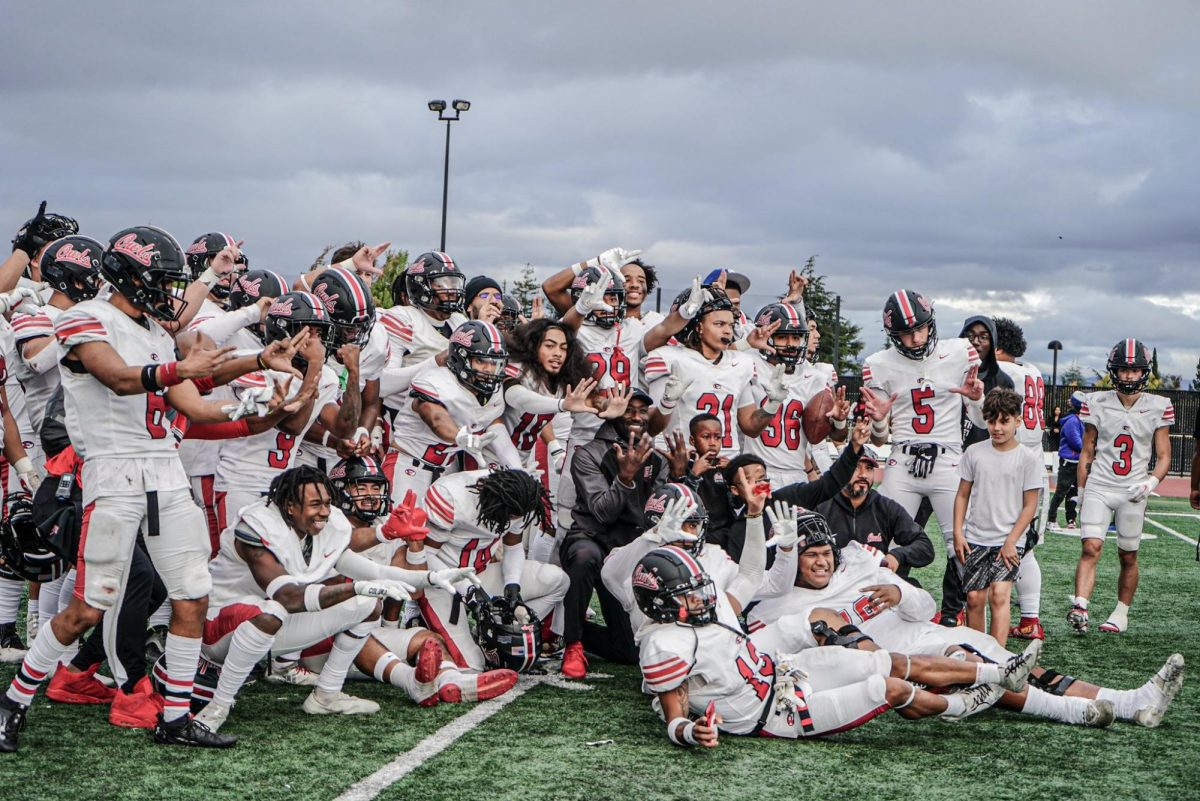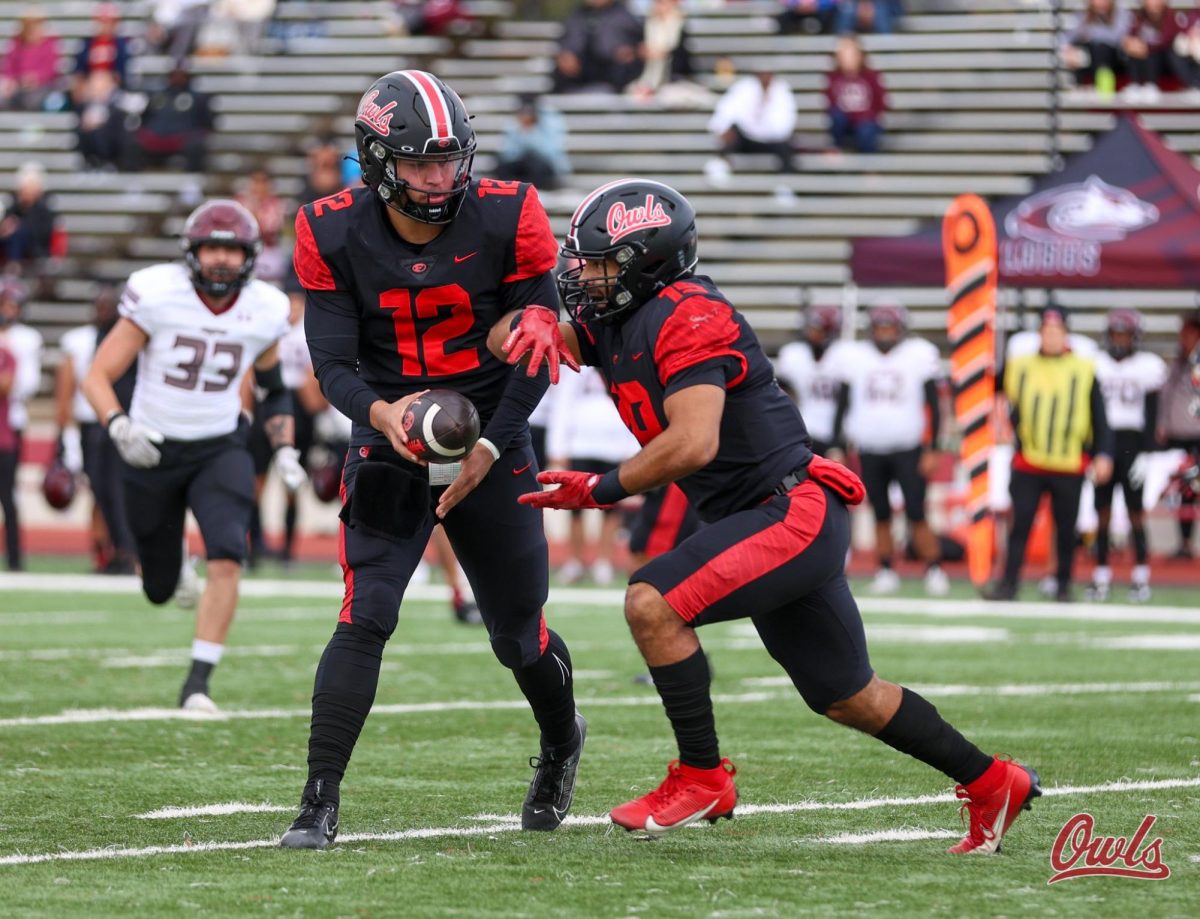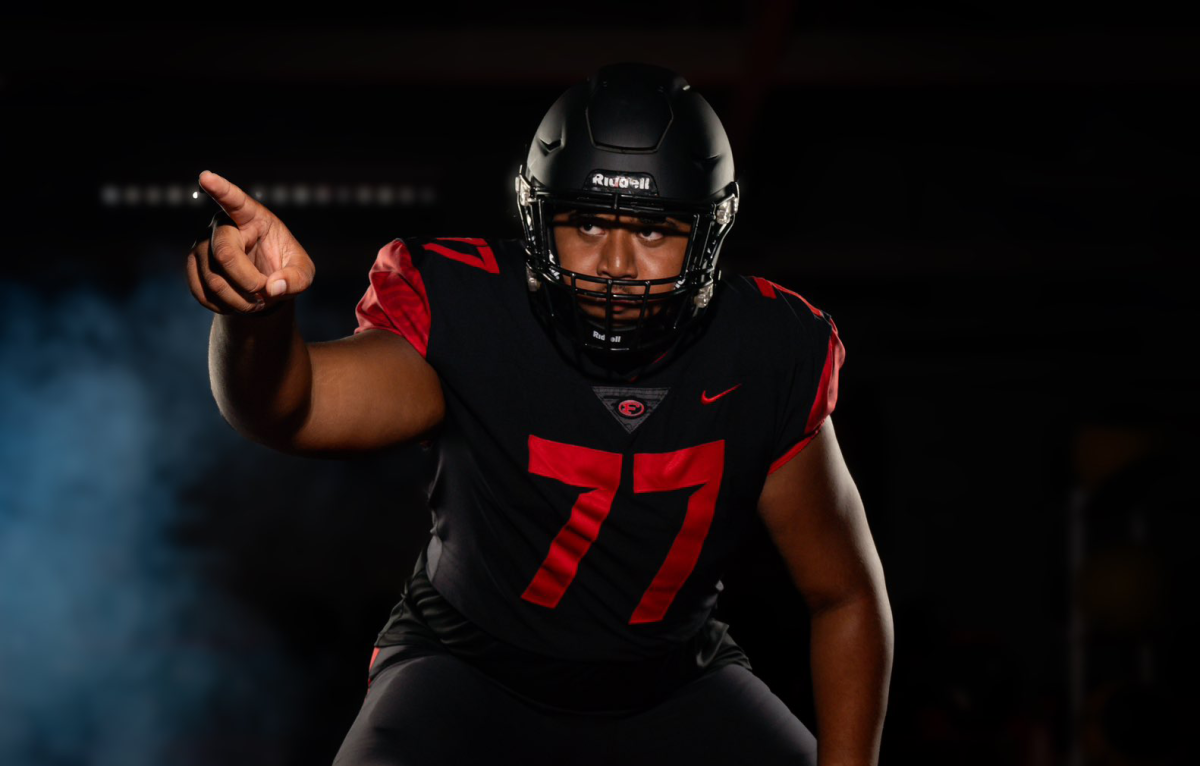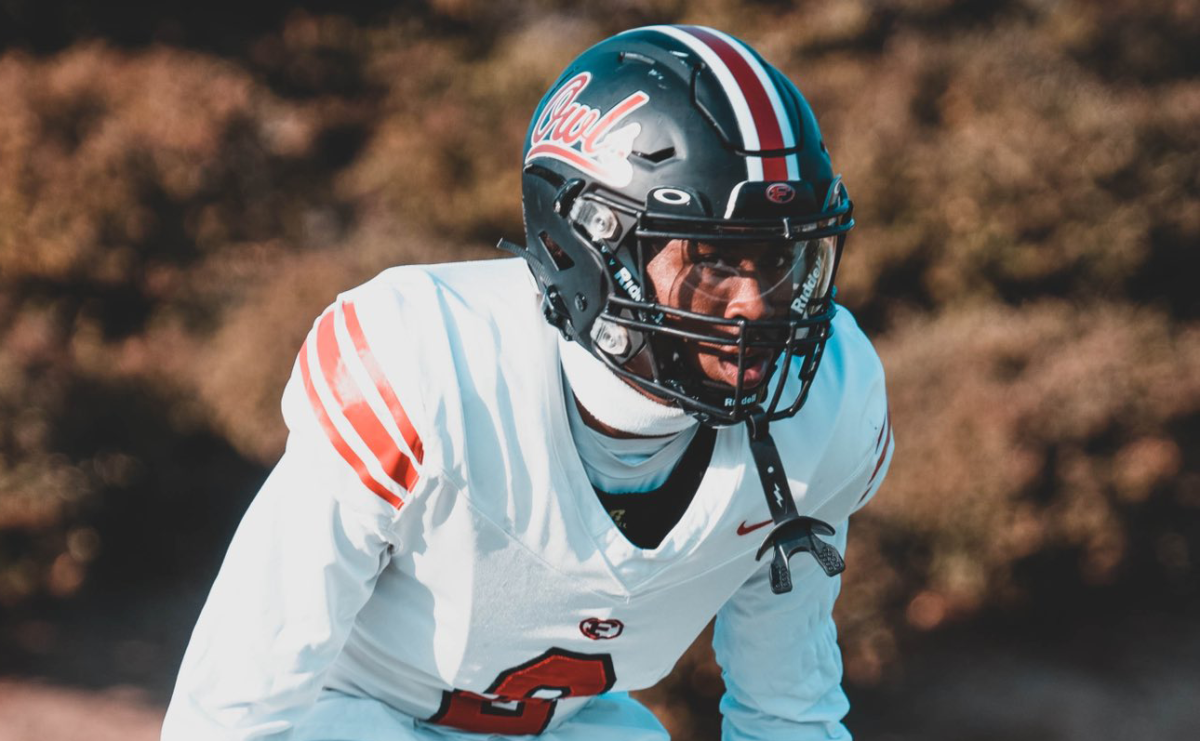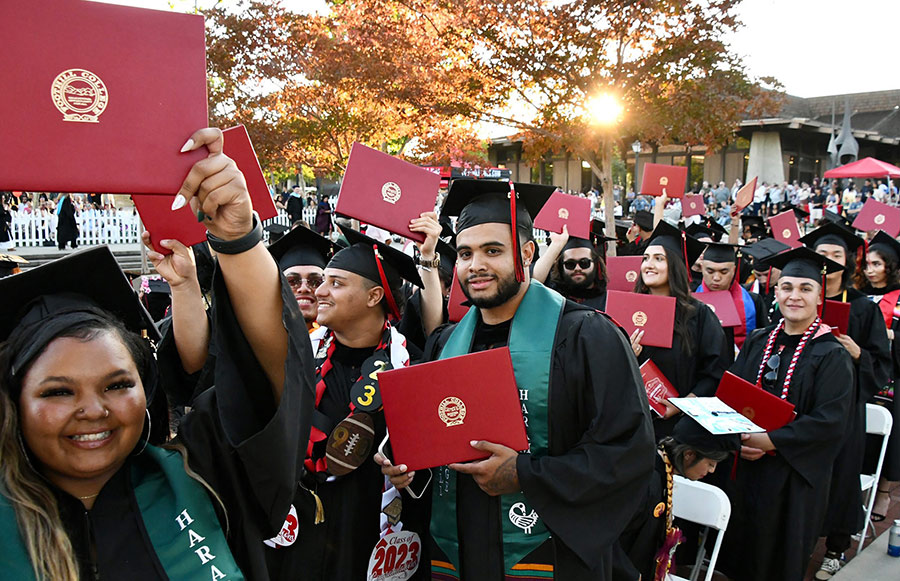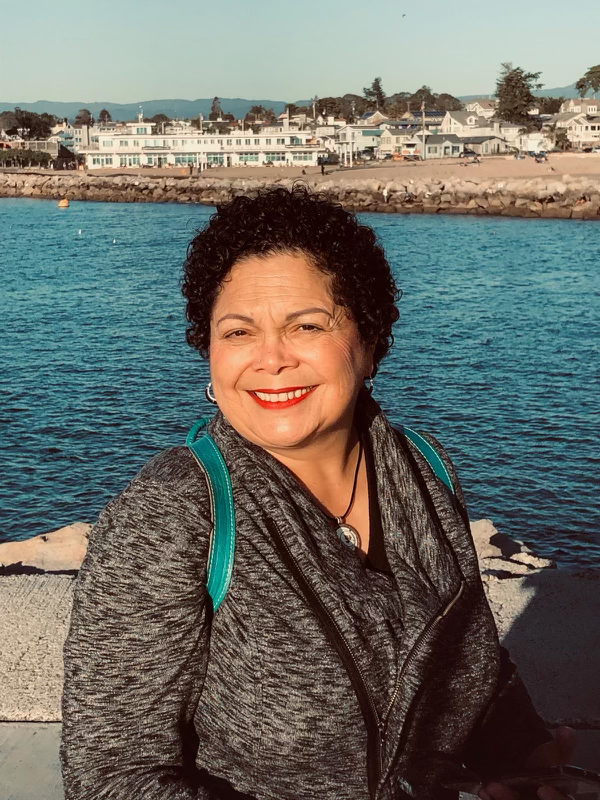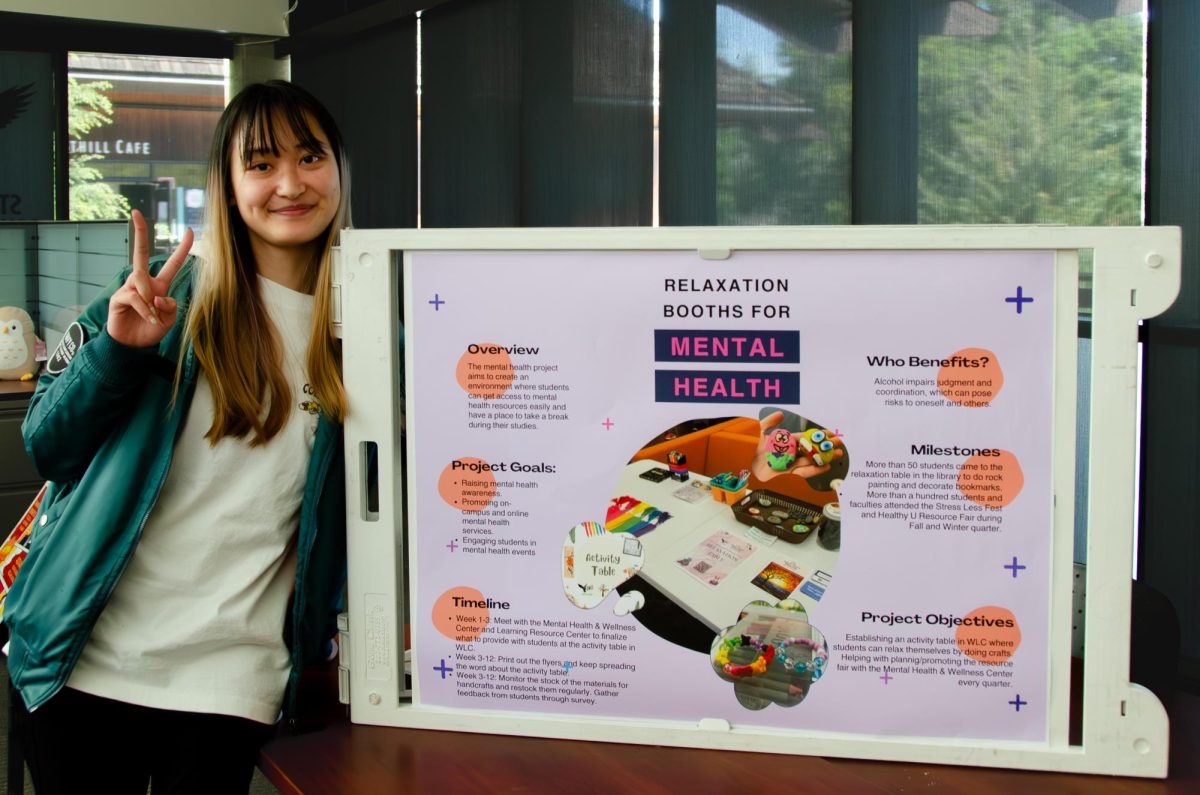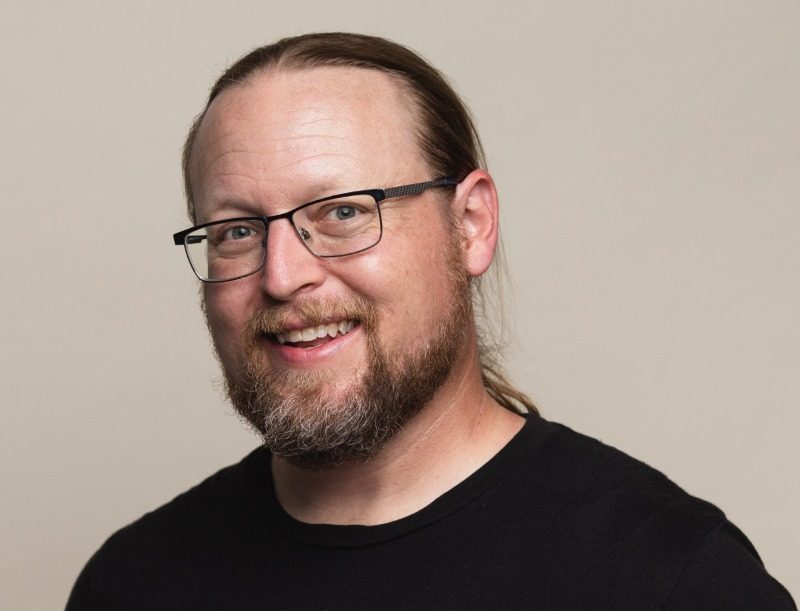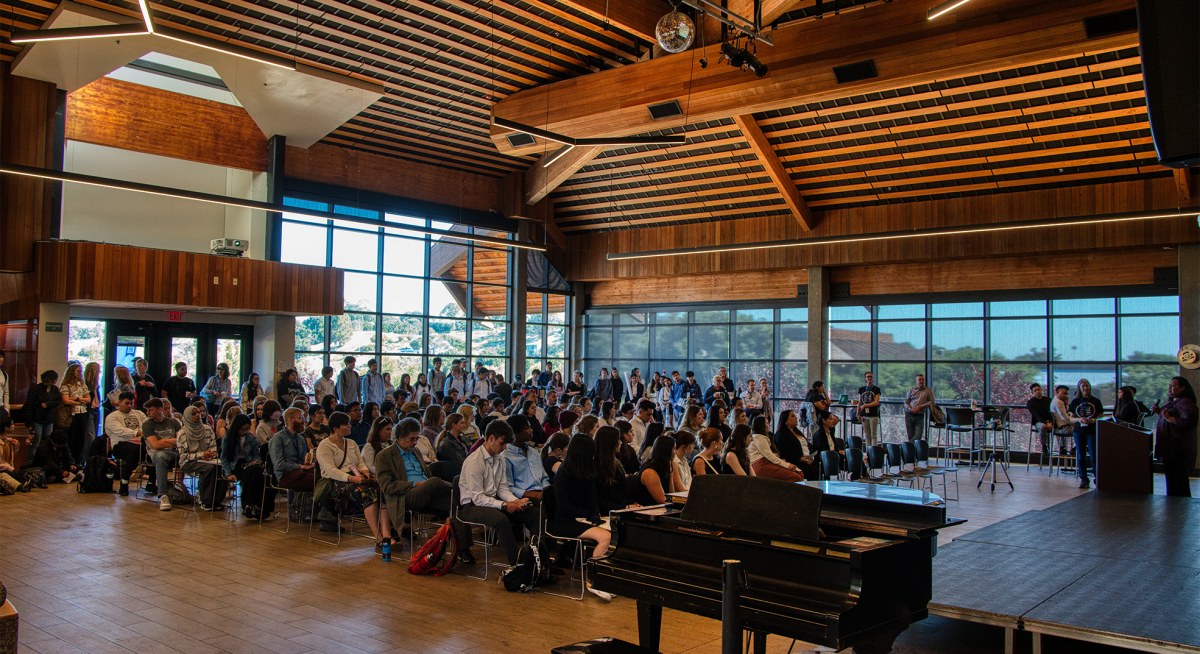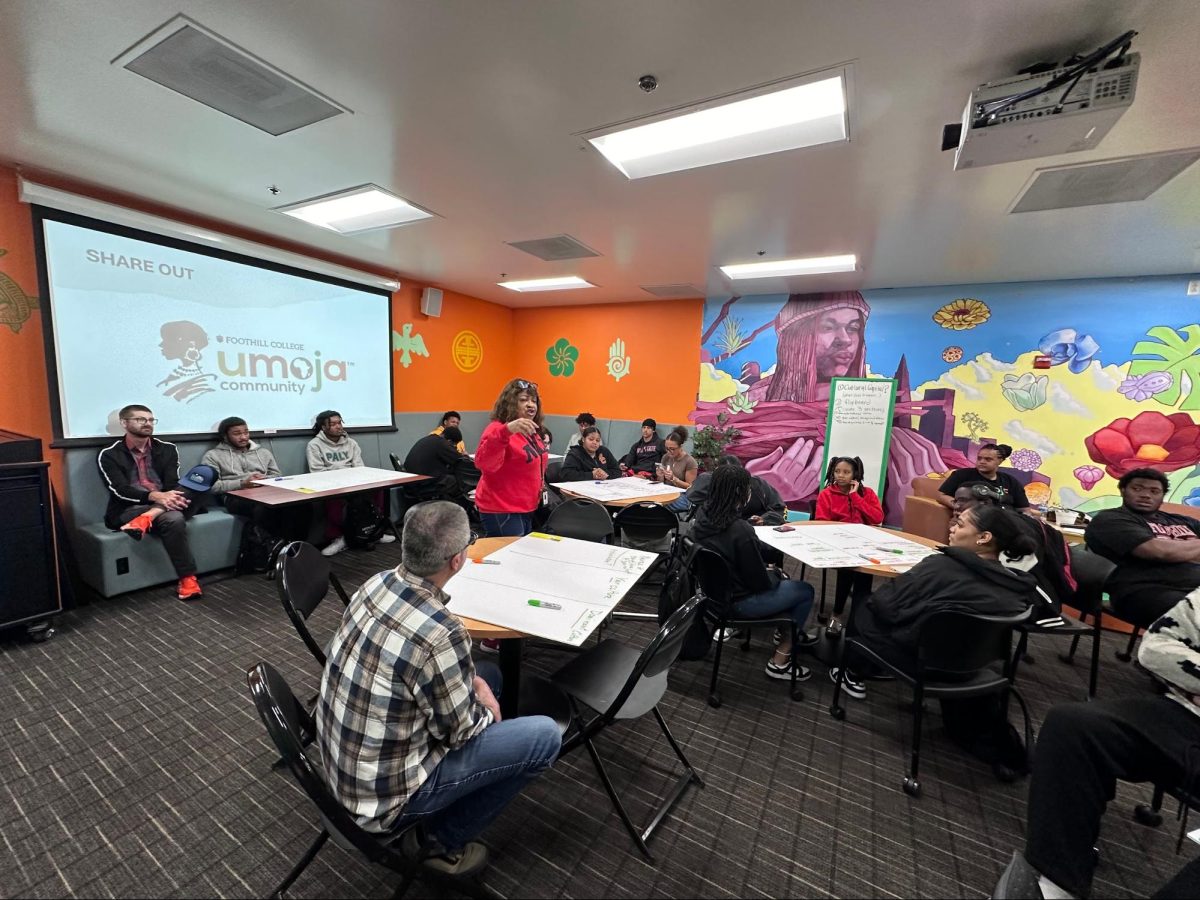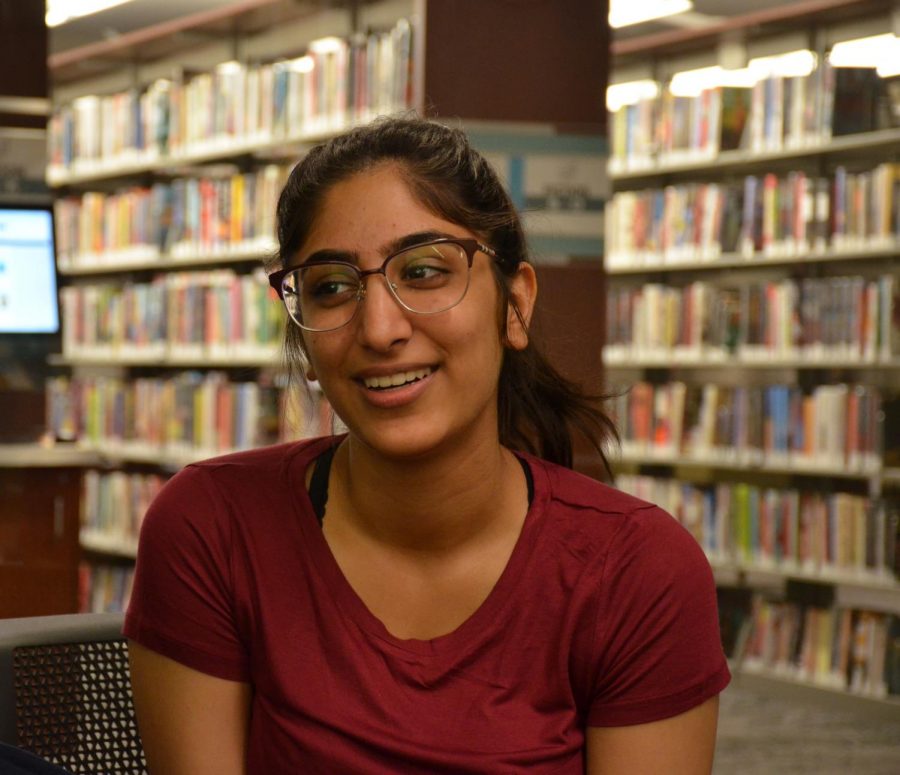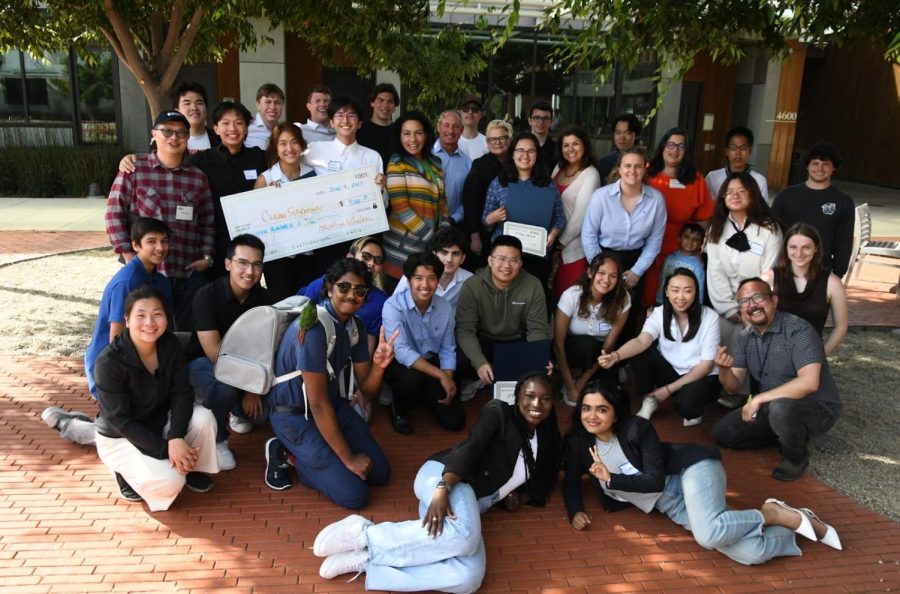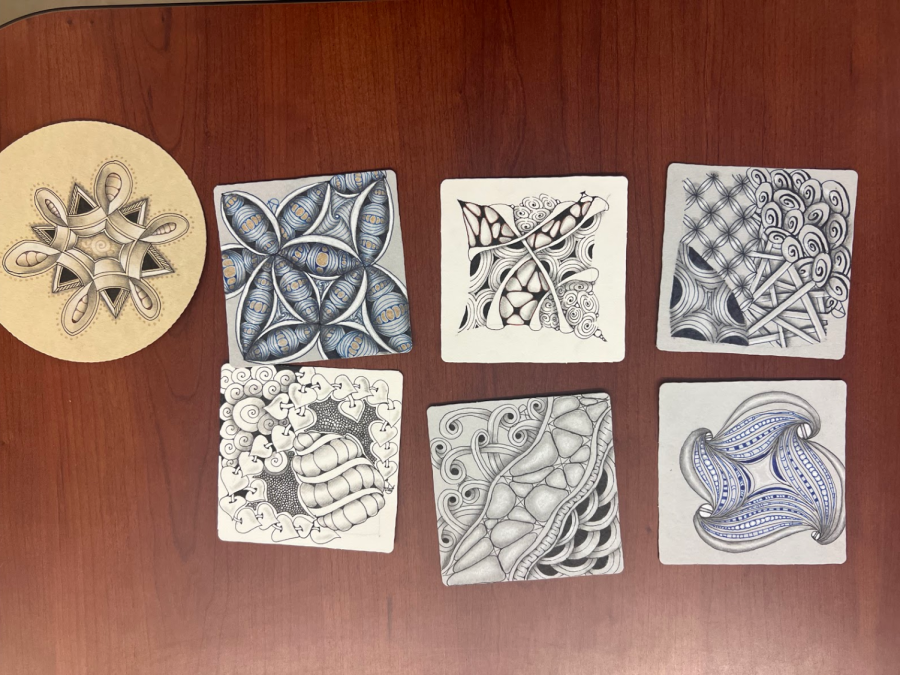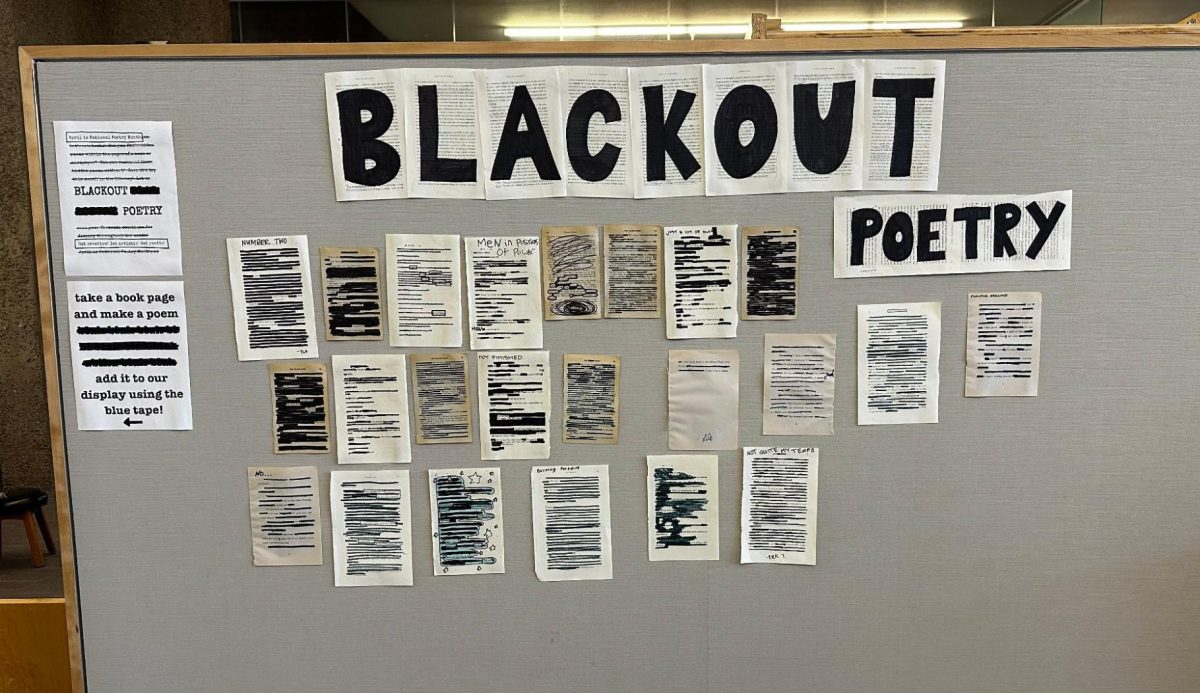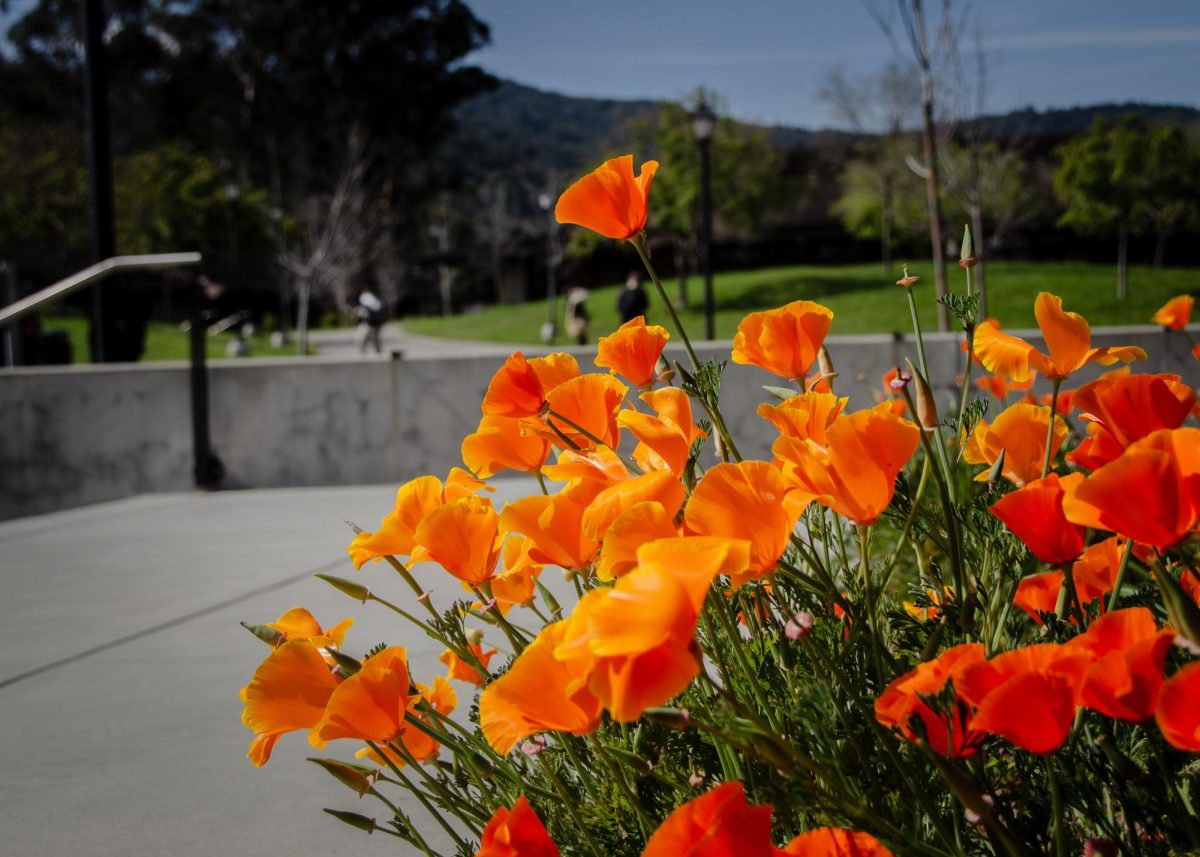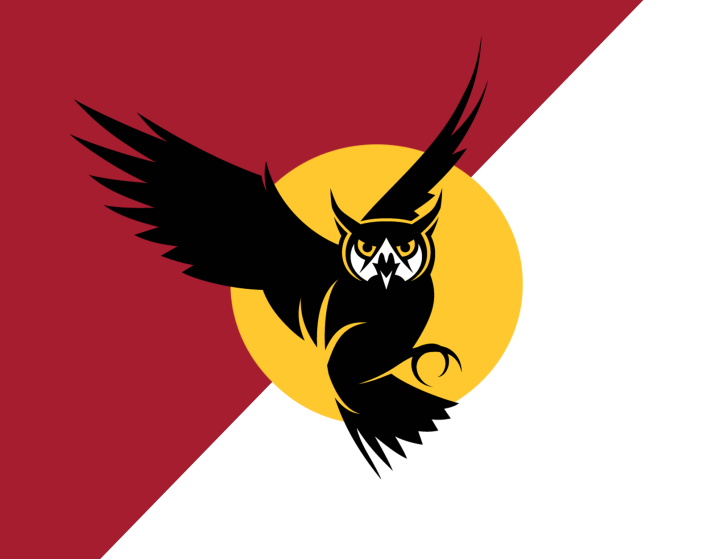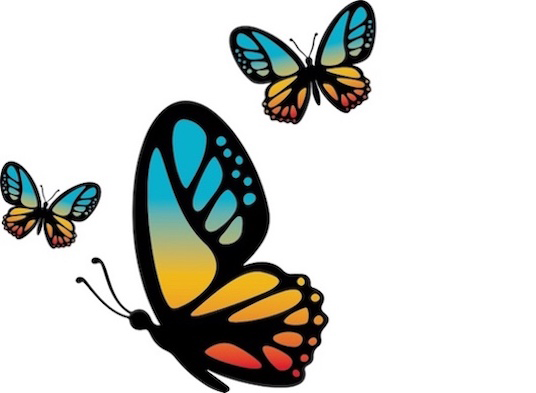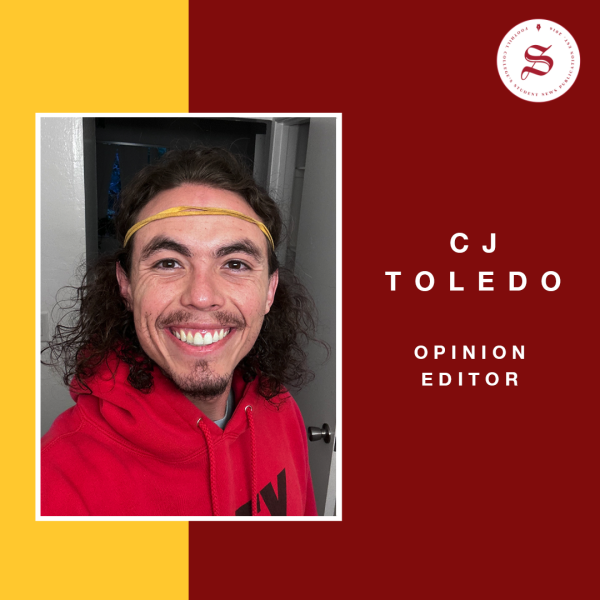The Umoja Workshop at the BIPOC Multicultural Center challenged societal norms, celebrated cultural capital, and empowered BIPOC voices. Attendees delved into insightful discussions and personal reflections, exploring the intersection of identity and community. The movement for change was embraced, with attendees continuing to engage in empowerment year-round with Umoja’s support.
Community building, laughter, and learning emanated from the BIPOC Multicultural Center as the Umoja program hosted a workshop on cultural capital on April 23rd. This event was put on as part of Black Student Success Week with the theme this year aptly titled, Building a Better Future Together: The Urgency is Now. Here students gathered for a day of camaraderie, enlightenment, and empowerment.
The event wasn’t just about education; it was a celebration of community. Students in attendance had the opportunity to eat good food, make good friends, and get good information about sociological concepts, in addition to inspiration and mentorship from black faculty on campus. The chief concepts revolved around their own power of cultural capital and the effects of dominant norms on the African American community and other marginalized groups.
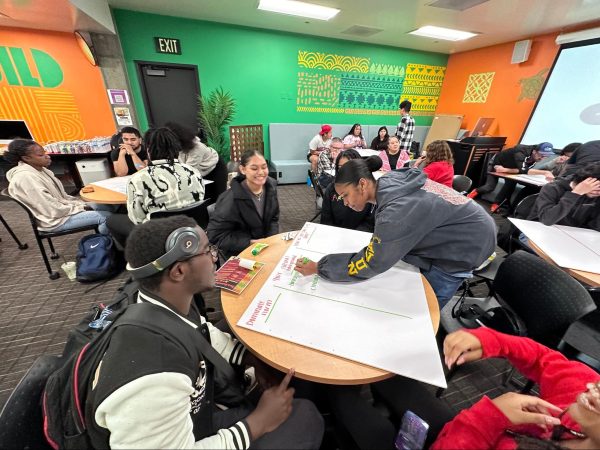
Students are shown creating their compare and contrast posters for presentation.
One of the workshop’s pivotal moments came as students engaged in creating posters, juxtaposing dominant norms against their own familial values. Some of the dominant norms included ideals pushed by mainstream media, pressure to look “presentable” for a white male dominated culture, standardized testing indicating intelligence, and individualistic attitudes regarding finances. These were contrasted by some familial norms such as a family first mentality, an encouragement for self-expression/modest clothing, the focus on different types of intelligence in addition to those tested for, and a community centered attitude toward spending money.
In response to one student’s apt observation that both dominant culture and marginalized folks cared about money Dr. Tiffany Rideaux, an Umoja Co-Coordinator, mused that “We as a community have capital with where we spend our money and how we spend our money. We can be mindful to make our choices. Do we spend our money to support the dominant companies or do we make our intention to support black-owned, or women-owned, or other options? Where we spend our money matters.”
Brandon Younger, an Umoja Co-Coordinator and Defensive Coordinator for the Foothill Football team, spoke in regards to the advertising of companies, both following the Black Lives Matter movement and up through today, and said, “In the mainstream media… It’s trending that there are a lot of Hip-Hop songs. I didn’t see a lot of that growing up, or even a lot of black people in commercials. Now you’re starting to see it more… to try and bring in those dollars.” His comments brought attention to the sad fact that companies shamelessly tried to (and still do) capitalize on tragedy for a profit, and tend to care significantly more about those with money to spend.

Umoja students proudly show off their posters comparing and contrasting Dominant and Cultural Norms.
Dokesha Meachum, the Umoja Counselor, expanded on the idea of different intelligences when she stated, “In the dominant culture, there’s one way to show intelligence and that’s standardized testing. But we know there are multiple intelligences, and in our culture we might go to different people for different things. We might have an uncle that knows how to fix cars, or a cousin that can build you a house. This is going away from the individualism and that single type of learning style or intelligence to that community support system and multiple types of intelligences.”
Faculty member for the Respiratory Therapy Program and former Stanford Medical Center Administrator Lisa Hill (a woman who went from $1.65 minimum wage to having a household income of over $300,000 per year, lived through the Civil Rights Movement, the assassination of Martin Luther King Junior, and the Vietnam War) also gave some amazing advice to those in attendance, and in her words “a little different perspective to you guys when you’re thinking about this dominant culture.” Furthermore, she expands on this by explaining that “Culture is who you are, and what makes you unique…They (the facilitators of the workshop, and leaders of social movements in the past) have shown you how to navigate this dominant culture but that doesn’t mean you have to give up who you are to be successful… I don’t get with this whole dominant culture, cuz we’re all dominant, it’s about using what you got in that environment to get where you need to go.” Her inspiring words garnered a round of applause from those in attendance.
This event at the BIPOC center is by no means the only one hosted by the program. The Umoja program will be hosting more events throughout 2024 and is active and supportive year-round. If anyone is interested, feel free to visit the Umoja Program section on Foothill’s website, and reach out to any of the counselors and coordinators mentioned there.


